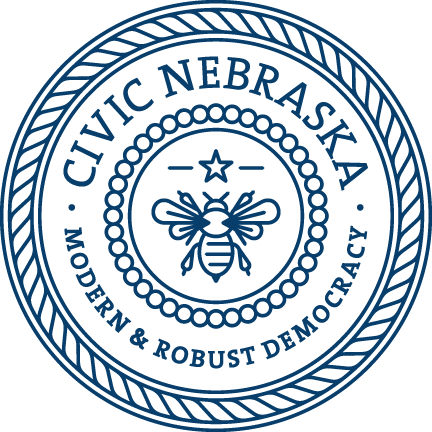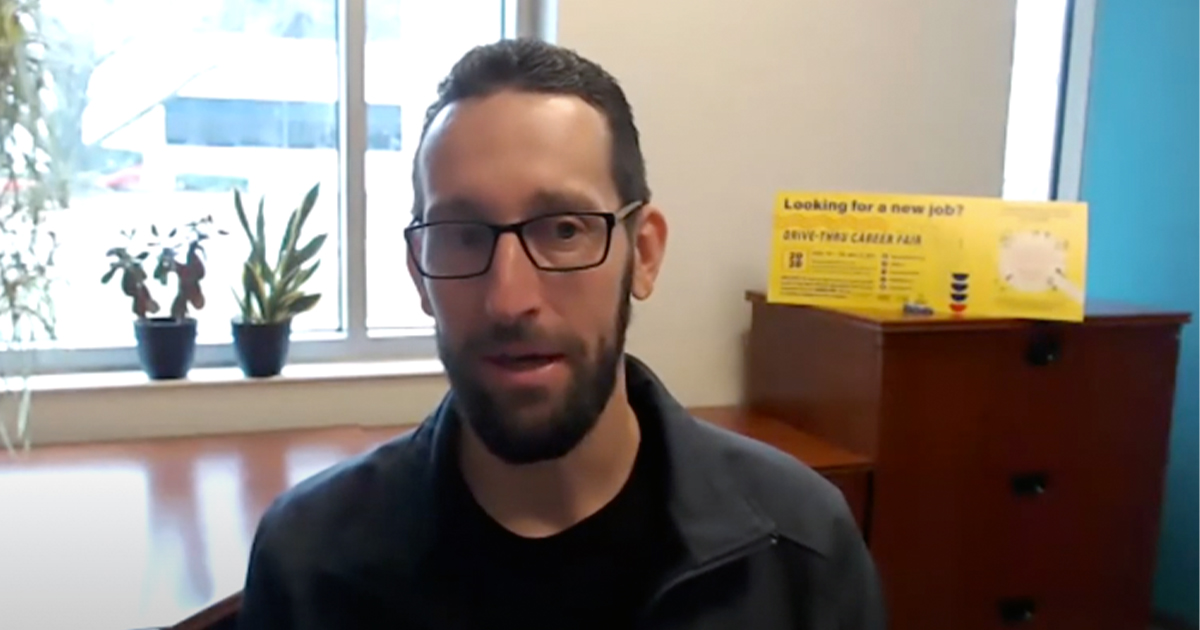Bryan Seck
Bryan Seck is the Director of Workforce Development for the Lincoln Partnership for Economic Development. He participated in a panel discussion on social connection as a part of Civic Nebraska’s series on Civic Health.
Bryan Seck’s community is anyone who wants to maximize their potential but might not know exactly how. His background as Homeless Outreach Specialist for Lincoln Public Schools led him to his cornerstone belief in equity- that given the opportunity, everyone can be as successful as they want to be. “I’m always thinking about how do we help families that are struggling connect to the services they need, connect to the careers that they desire.” He brings this perspective to his work in workforce development in Lincoln.
In a changing workforce landscape in Nebraska with more automation and a retiring boomer generation, Bryan sees social connectedness as being important so that people aren’t left behind. “Five years out (from now) there will be fewer entry-level jobs in Lincoln.”
He says connectedness in his work comes back to knowing how to find connect to jobs, how to connect to resources, and connecting to neighbors. In fact, a 2016 report from the US Bureau of Labor Statistics suggests that neighborly connection is an important act of workforce development, finding that upwards of 70 percent of people have found their current jobs through a personal connection.
“How can we tell the neighbor about the better job? Because if people don’t know about the better jobs, the jobs simply don’t exist, so that’s how I think about connectivity.”
So how do we create the environment for connection to occur? Bryan says he takes responsibility for that. In workforce development, he hosts EmployLNK, which is a monthly meeting of all the different agencies and non-profits that focus on workforce that also invites employers to connect. Through these efforts, the Lincoln community is able to create a network where people looking for jobs, case managers, and employers are connected. The connections formed increased efficiency, minimizing the need for cold calls and reducing costs to Bryan’s programming. “We run all kinds of events with 0 dollars because the employers and businesses see the value in it.”
Making Lincoln’s hundreds of resources and non-profits available to everyone means making resources accessible in multiple languages and with or without internet connection. MyLNK is a mobile app that allows people to search for resources in Spanish, Arabic, Vietnamese, and Somali and works offline so people can access it even without wifi or mobile data.
Bryan suggests connectors in the community wanting to meet the needs of the community start by getting together with trusted contacts and also as many diverse perspectives as possible.
“The surest way to not be successful is to get one or two people only and expect everyone else to bend to your will,” said Bryan. “We decreased homelessness by 53% over the last five years, and it wasn’t due to more money. It was due to better coordination between the housing agencies and the outreach agencies.”
His advice: “Build your team. Make sure the need is there. Then go.”

